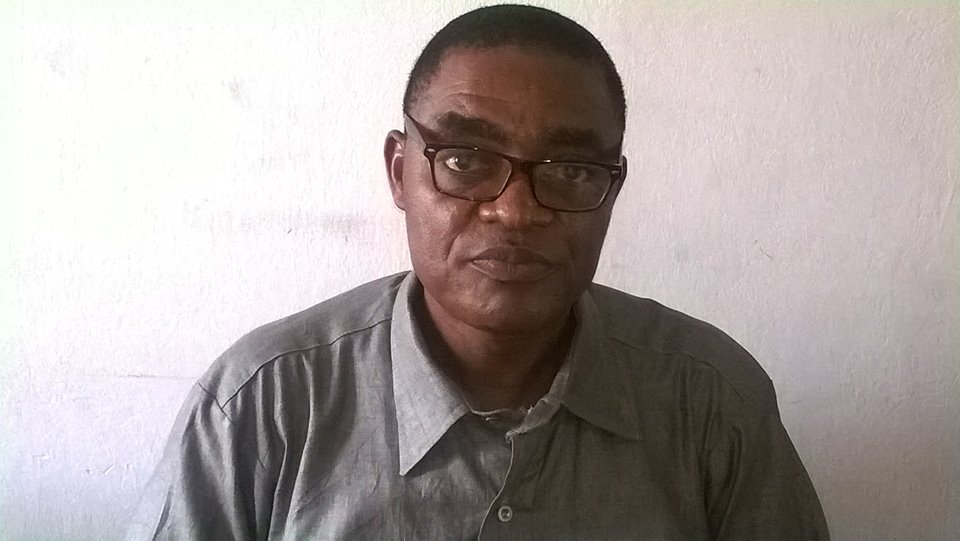A maritime lawyer, Barr. Osuala Emmanuel Nwagbara has blamed the inability of the Nigeria’s auto policy to make any headway four years after introduction on absence of power and steel rolling mills in the country.
Nwagbara who made this known in an interview with our correspondent in Lagos recently stated that one cannot talk seriously of iron and steel industry without talking about power even as he said that all the steel rolling mills needed power right from the stage of extraction of the raw material to the production of iron and steel products of different sizes.
He observed that Nigeria had the raw materials but lacked power noting that all the steel rolling mills in Nigeria were now comatose while Ajaokuta Steel company which according to him was the giant of them all was moribund.
“Recently, government tinkered with privatizing it and then I was happy to read that they reversed that decision and I hope that that decision to reverse it will be sustained and made to come true. We need our Ajaokuta Steel Company and we need it to function and we need to have power to make it take off.
“We need all the experts who have been trained in steel production to be engaged. There are several Nigerians that were trained; we need them to be engaged. A lot of them are unemployed today, they are languishing in penury. They should not languish in penury because they are highly skilled personnel, we need the Ajaokuta Company to come back and start working and start producing and power is key. So, we need to emphasize the need for power generation and sustainability in Nigeria.
“Again, power is very important. A vehicle assembling plant will require a huge amount of power and where you have to provide your own power, you can never make much progress. We have said if you don’t have power, you don’t have a country, so, we need availability of power to help not only the auto industry but all other industries to develop and grow in Nigeria.
“You may sound contradictory to say that you have to reduce the price of new vehicles in terms of tariff reduction and at the same time saying that you want to encourage local production but I believe that if you have power available and the vehicles that we made in Nigeria are produced at a very reduced cost, no matter how much you lower tariffs on import, there will be preference for in-country produced vehicles because the prices will still be competitive”, he said.
Nwagbara who is also the Managing Partner of Maritime and Commercial Law Partners further said that the porosity of the nation’s border and poorly equipped Customs Service to fight smugglers also contributed to the poor implementation of the policy saying that one cannot equally rule out a case of collusion of some bad eggs in the Nigeria Customs with smugglers
He continued, “You cannot implement that policy again without making sure that the port disposition to import is right. For instance, I have taken the position that when you place too much high tariff on imported vehicles like the 70% increase, you are encouraging smuggling and you are giving opportunity to some bad elements in the Nigeria Customs to collude with smugglers to bring in vehicles through the land borders even new vehicles and the result is that the policy itself will be defeated.
“The essence of the policy is to have Nigerian made vehicles and when you permit an opportunity that will bring in erosion of that policy like smuggling cars through the border, the impact is that the target of that policy will be difficult to attain because at the end of the day, the vehicles that are smuggled through the land borders without payment of the necessary tariffs will be sold at prices that will be cheaper than the vehicles produced in Nigeria.
“And if you don’t reduce the tariff on the imported vehicles, it will encourage smuggling and it will create an opportunity to entice some bad eggs in the Nigeria Customs Service to collude with smugglers to allow in a good volume of vehicles into the country which would debilitate the effort of government to have Nigerian made vehicles produce a large number that will satisfy the demand at the national economy”.
Send your news, press releases/articles to augustinenwadinamuo@yahoo.com. Also, follow us on Twitter @ptreporters and on Facebook on facebook.com/primetimereporters or call the editor on 07030661526, 08053908817.

